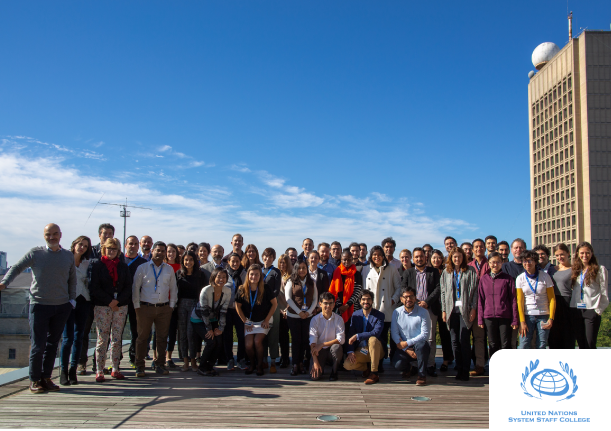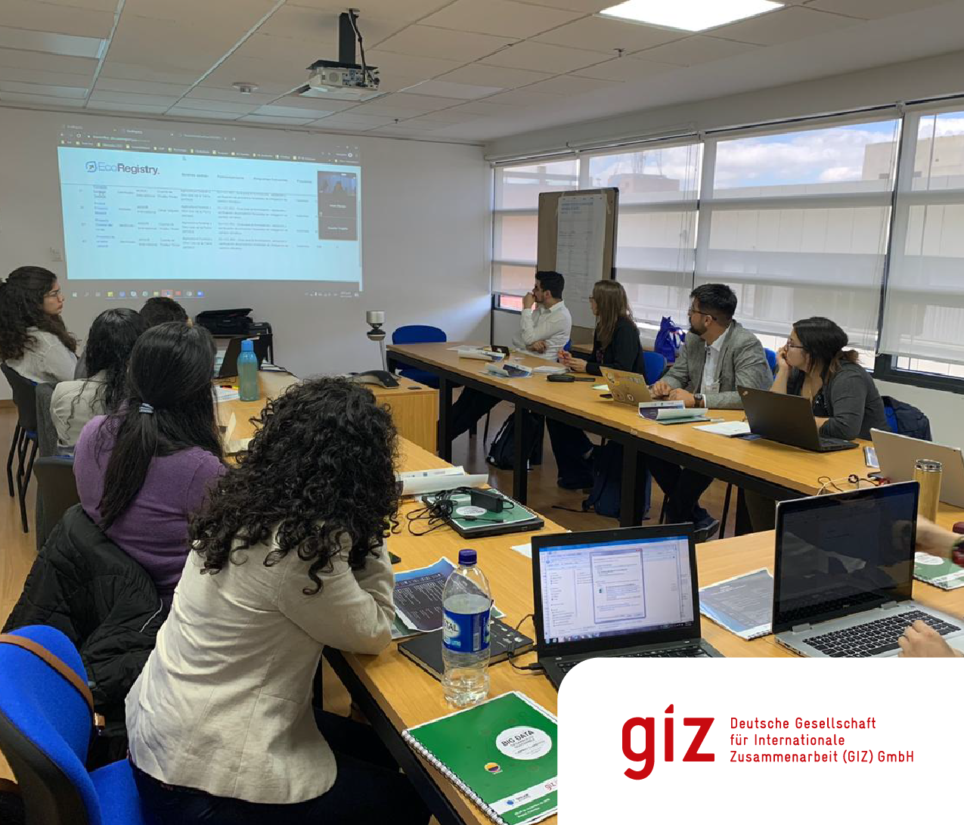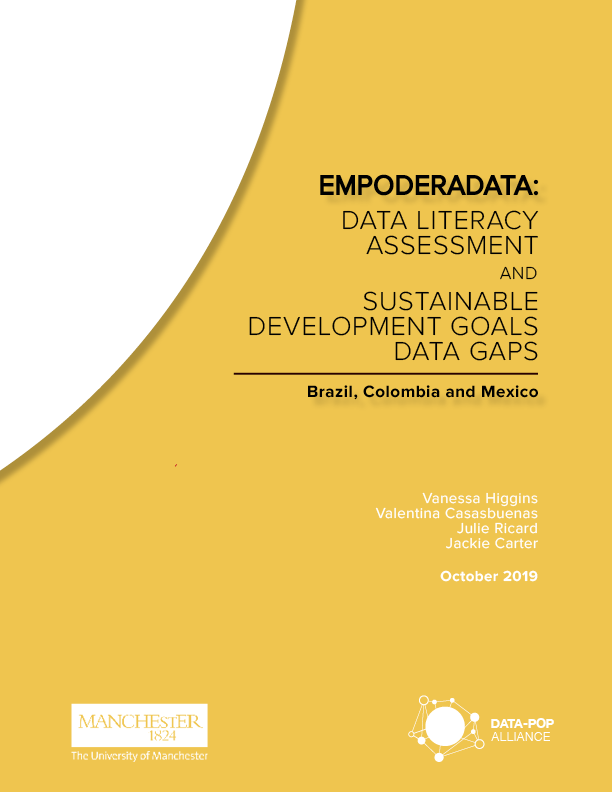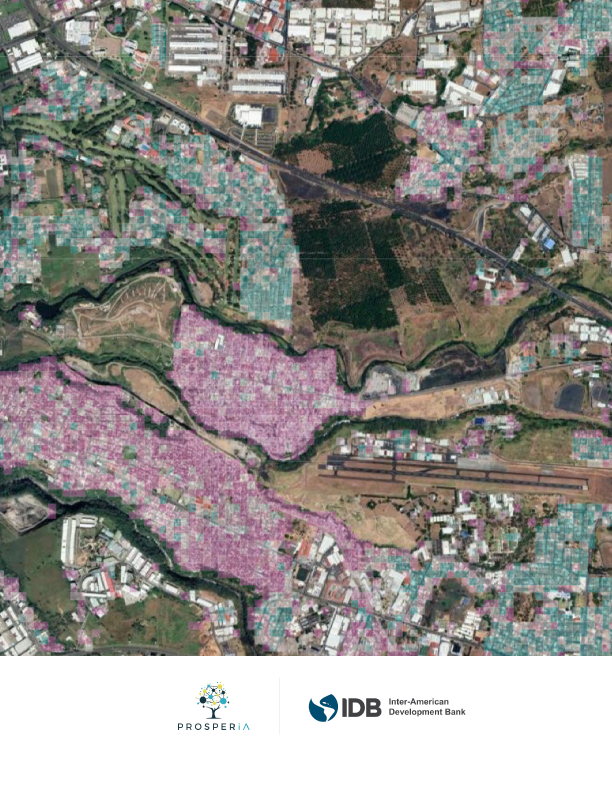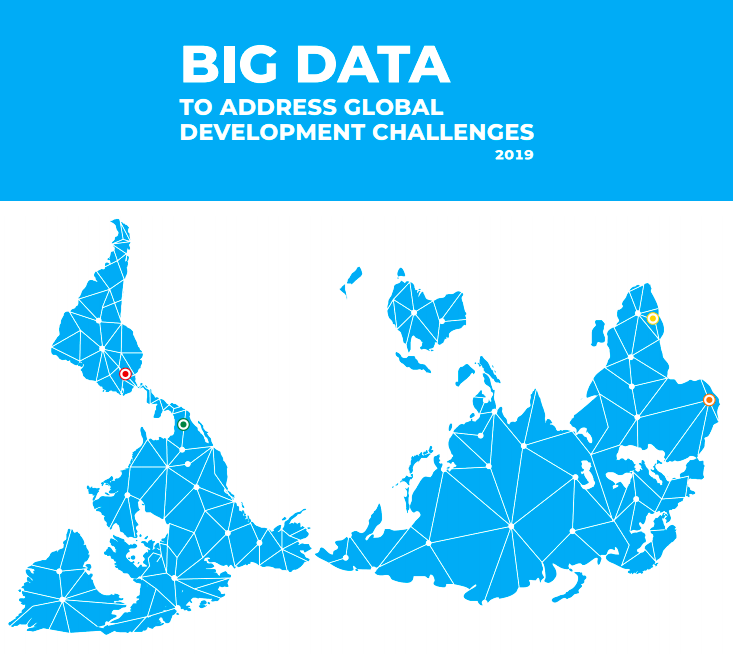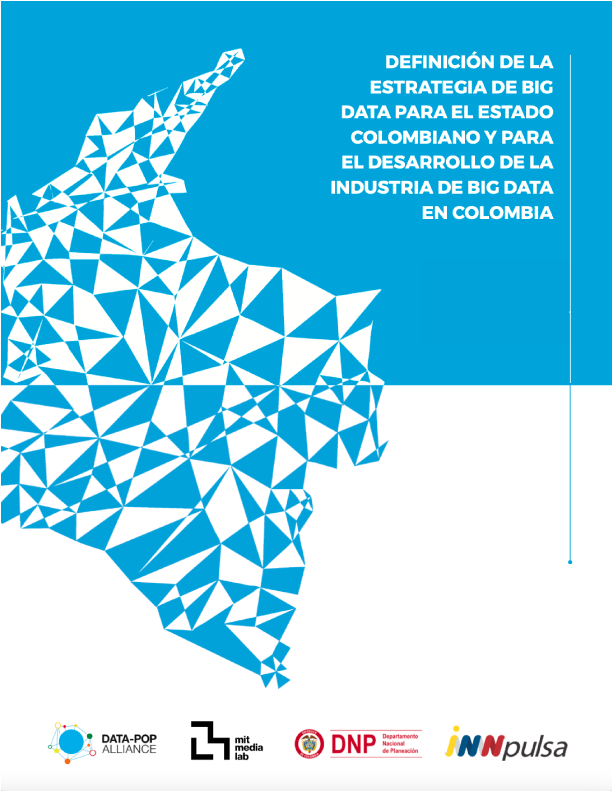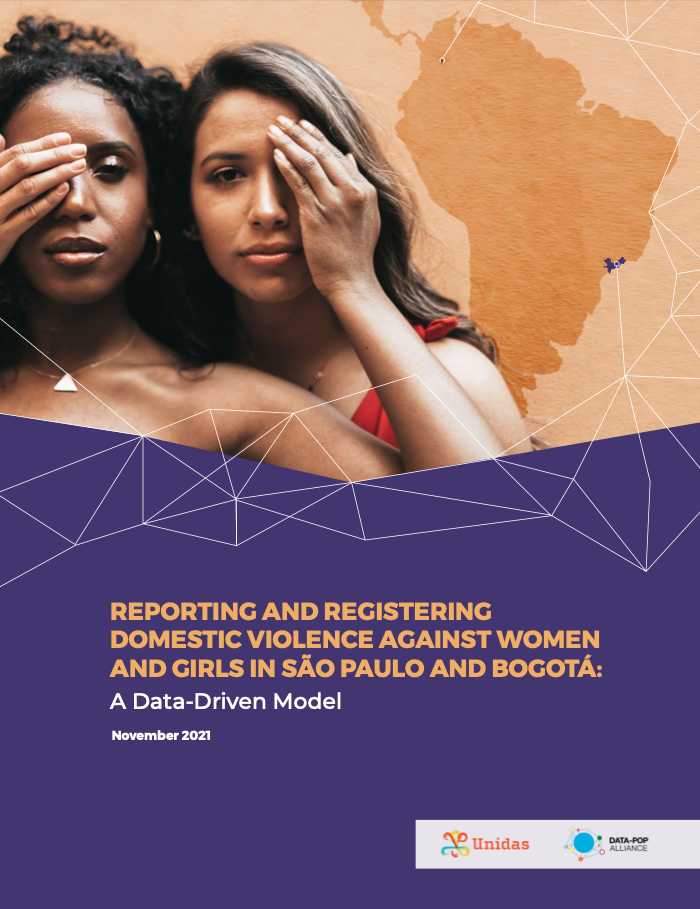“Open Algorithm (OPAL) for Public Data and Good” seeks to merge different “privacy enhancing techniques” (PETs), such as federated learning, differential privacy, and negative databases, to allow trusted third parties such as researchers or official institutions to analyze censuses or national surveys’ microdata produced by national statistical offices (NSOs), as well as other administrative records, to derive indicators using these … Read More
Professional Training Program “Leveraging Big Data for Sustainable Development”
Carried on in partnership with United Nations System Staff College (UNSSC), this series of courses aimed to help practitioners and policy-makers to develop and implement Big Data innovation projects, policies, and partnerships in support of sustainable development objectives. The content was structured into three main modules: contexts and concepts; methods and tools; and strategy and conception / ethics and engagement. … Read More
Professional Training Program “Big Data for Measuring the Digital Economy”
In partnership with the United Nations Economic Commission for Latin America and the Caribbean (ECLAC), DPA offered a series of workshops particularly focused on Big Data and the Digital Economy in the Latin American and the Caribbean region designed for development practitioners, policymakers, and researchers. Five editions were delivered in: Santiago de Chile (March 2016), São Paulo (September 2017) —in … Read More
Workshop “Big Data for Sustainable Development and Climate Change”
This series of workshops organized by Data-Pop Alliance, in coordination with GIZ and GIZ Colombia, addressed key terms, necessary tools and challenges in the Big Data and sustainable development landscape, focusing on the applicability of these information sources in projects related to climate change adaptation and mitigation. This in-person workshop provided an introduction to the “3 C’s of Big Data” … Read More
EmpoderaData
EmpoderaData builds upon the success of the “Quantitative Step” (Q-Step) program, which was developed as a strategic response to the shortage of quantitatively-skilled social science graduates in the United Kingdom. Together, University of Manchester and Data-Pop Alliance expanded upon the program’s excellent results, exploring this model in the Global South as the “EmpoderaData Project”. The project aimed to promote a … Read More
Ciudata Segura
Increasingly, data and information are being promoted as a powerful tool to understand and prevent crime and violence. However, there are two key questions that remain largely unanswered: 1) Why is crime clustering in certain neighborhoods? 2) Why do certain individuals turn to crime and not others? Leveraging sophisticated analyzes about urban crime and violence in Latin America and the … Read More
Characterizing and Analyzing Urban Dynamics In Bogota (from the Paper Series: “Big Data to Address Global Development Challenges”)
Four research papers were developed in collaboration with and funded by the French Development Agency (AFD) between 2016 and 2019 under a joint program with Data-Pop Alliance and research partners titled “Strengthening the Evidence-Base for Leveraging Big Data to Address Global Development Challenges”. This paper, “Characterizing and Analyzing Urban Dynamics in Bogota”, utilized open data and mobile phone records to … Read More
Supporting the Development of Comprehensive and Responsive Social Protection Systems for the Resilience of Vulnerable Households
In partnership with Prosperia (Lead) and with support from the Inter-American Development Bank (IDB), this project aims to create both preventive and responsive social protection systems against climate shocks and natural disasters in four Latin American countries: Barbados, Colombia, Honduras and Uruguay. An analysis of pertinent data sources will be conducted, followed by the development of a plan to access … Read More
Big Data to Address Global Development Challenges (Paper Series)
Four research papers were developed in collaboration with and funded by the French Development Agency (AFD) between 2016 and 2019 under a joint program with Data-Pop Alliance and research partners (Cloud to Street, Flowminder, Harvard Humanitarian Initiative, MIT Media Lab) titled “Strengthening the evidence-base for leveraging Big Data to address global development challenges”. This research program and papers were designed … Read More
National Big Data Strategy for Colombia
The MIT Media Lab and DPA provided technical assistance to iNNpulsa—Colombia’s entrepreneurship and innovation agency—and to the National Planning Department (DNP), in the design and development of the country’s first national Big Data strategy, which was presented to the President of Colombia in 2020. After intensive research, DPA produced nine diagnostic documents that were used to identify priority areas and … Read More
Support to the Inter-American Development Bank in the Identification of Technological and Big Data Tools for Current, Ongoing, and New IDB Projects
This project aimed to support the IDB (Inter-American Development Bank) in the preparation of the IDB Andean Summit event (November 29, 2018) in Quito, Ecuador. A study was generated identifying new Big Data tools that are being developed and/or used by academic institutions, international organizations, public or private sector that would concretely benefit current and future IDB projects. Based on … Read More
Reporting and Registering Domestic Violence Against Women and Girls in Mexico City, Bogota and Sao Paulo: A Data-Driven Model
This project, developed with support from UNIDAS and GIZ Data Lab, leveraged traditional and non-traditional data sources to assess the reporting capability of women and girls in Mexico City, Bogota and Sao Paulo. The analytical model estimated the probability of registering domestic violence at the locality or municipal level, taking into account personal (e.g. age, educational attainment) and environmental factors … Read More


